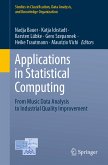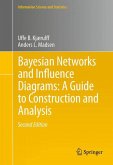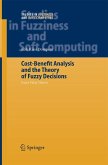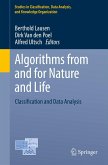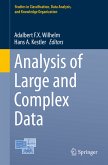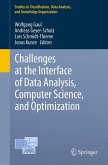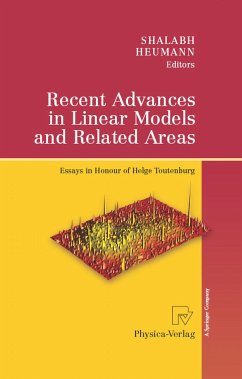The main focus of this book is on presenting advances in fuzzy statistics, and on proposing a methodology for testing hypotheses in the fuzzy environment based on the estimation of fuzzy confidence intervals, a context in which not only the data but also the hypotheses are considered to be fuzzy. The proposed method for estimating these intervals is based on the likelihood method and employs the bootstrap technique. A new metric generalizing the signed distance measure is also developed. In turn, the book presents two conceptually diverse applications in which defended intervals play a role: one is a novel methodology for evaluating linguistic questionnaires developed at the global and individual levels; the other is an extension of the multi-ways analysis of variance to the space of fuzzy sets. To illustrate these approaches, the book presents several empirical and simulation-based studies with synthetic and real data sets. In closing, it presents a coherent R package called "FuzzySTs" which covers all the previously mentioned concepts with full documentation and selected use cases. Given its scope, the book will be of interest to all researchers whose work involves advanced fuzzy statistical methods.
Dieser Download kann aus rechtlichen Gründen nur mit Rechnungsadresse in A, B, BG, CY, CZ, D, DK, EW, E, FIN, F, GR, HR, H, IRL, I, LT, L, LR, M, NL, PL, P, R, S, SLO, SK ausgeliefert werden.



